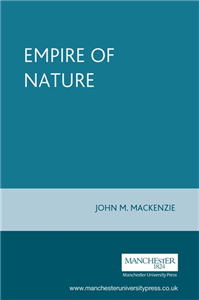WWF and the Arctic
The Global Arctic Programme and the role of the ENGO
by Danita Catherine Burke
Based on interviews with WWF representatives and other experts, this book explores WWF's approach toward engagement in the Circumpolar North. It argues that the foundation of WWF's success in circumpolar engagement is based on four inter-related pillars: legacy; networks; scientific research; and communication style. The book argues that WWF has made remarkable strides to distinguish itself in Arctic and northern engagement through its Global Arctic Programme and national organisations and associated offices in the Arctic states. However, WWF's work and successes are illustrative of the need for environmental and animal rights organisations to adopt a long-term strategy that show commitment to helping in the Arctic and North which factor in the needs and desires of northerners if they want their work to resonate and be welcomed by key northern audiences.








